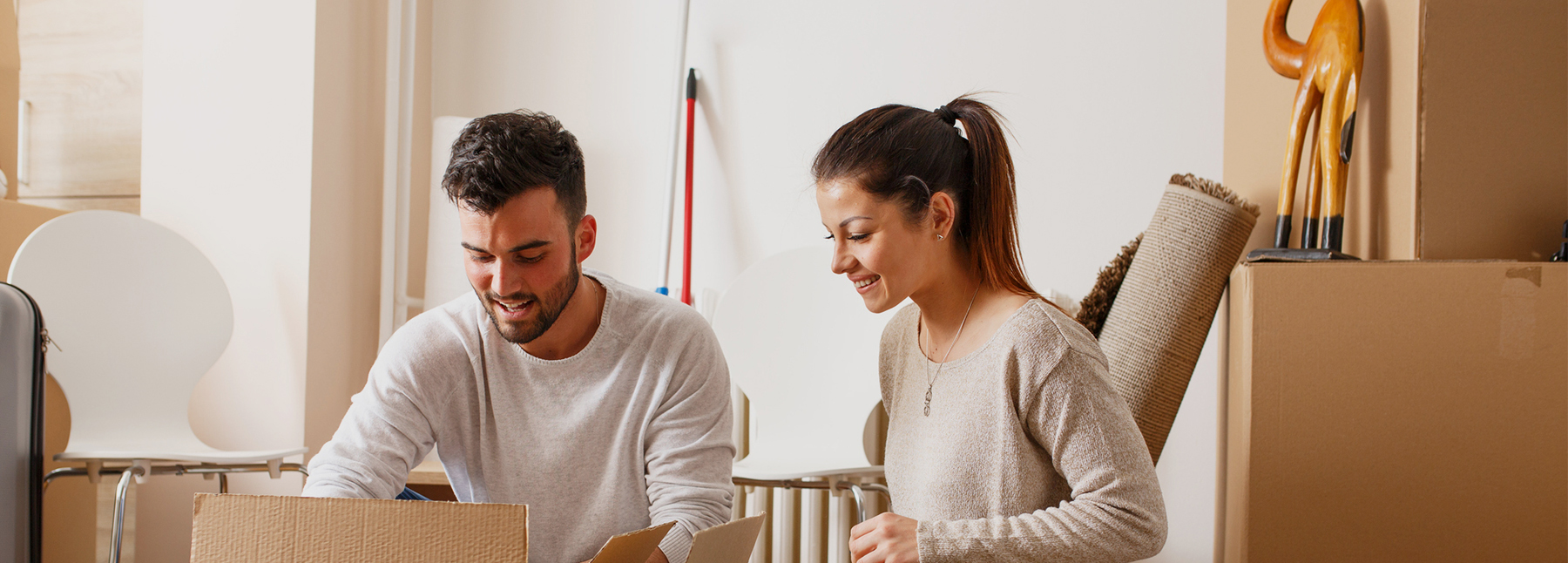One of the biggest challenges when moving abroad to live as an expat, is how to get your life’s possessions from one part of the world to another, easily and without it costing a fortune in both shipping and import charges.
What should I do before I move abroad to minimise customs charges?
There are a number of things you can do to ensure the customs charges you face are minimal:
- Divide your possessions into things you absolutely need in your new home and those you don’t. The things you don’t need can be left in storage or with family or friends. If you know you definitely won’t need them again, think about selling them.
- Choose an experienced international moving company, research them carefully or get a recommendation from another expat or your company. International movers will have expert knowledge on customs requirements for the country you are moving to. Many will be able to provide you with the forms needed for personal effects to be admitted.
- Speak to your shipping company and research customs in the country you are moving to because regulations vary significantly. If you are moving to the UK from outside the EU you may have to pay tax or duty on your goods however, you may also qualify for relief of this payment. Your shipping company should provide you with the necessary paperwork. If you are moving abroad to Germany you must have lived in your country of origin for over 12 months and owned the items for at least 6 months to avoid import duty. In Hong Kong it is easy to import personal effects, including most household furniture and equipment, once they are not on the list of prohibited items.
Is it possible to bring a car when moving abroad?
Can I bring food through customs?
If you are moving within the EU then bringing some of your favourite foods from home for personal consumption will not be an issue subject to the usual restrictions on liquids on board. Most food items that are produced in the EU can be carried in hand or hold luggage, however liquids should be stored in checked in luggage if they are greater than 100 millilitres.
If you are moving outside of the EU it is best to check with customs in the country you are moving abroad to. For example Australia and New Zealand have very strict policies on not bringing food in and it is an offence to attempt to do so without declaring it. If you do declare food there is no guarantee it will be allowed in as the unique ecosystems in both countries can be easily damaged by the introduction of new plants (through seeds in food) or animals who may be found in or on food.
What about our family pet?
Most countries have processes in place to ensure you can bring your family pet to your new home.
Relocating a pet usually involves ensuring your pet is:
- Microchipped
- Fully vaccinated (including rabies)
- Treated for tapeworm
They must also have a pet passport or veterinary certificate. Your pet may also have to spend a period in quarantine depending on where you are moving to. In the UK pets that don’t meet certain criteria must spend 4 months in quarantine.



